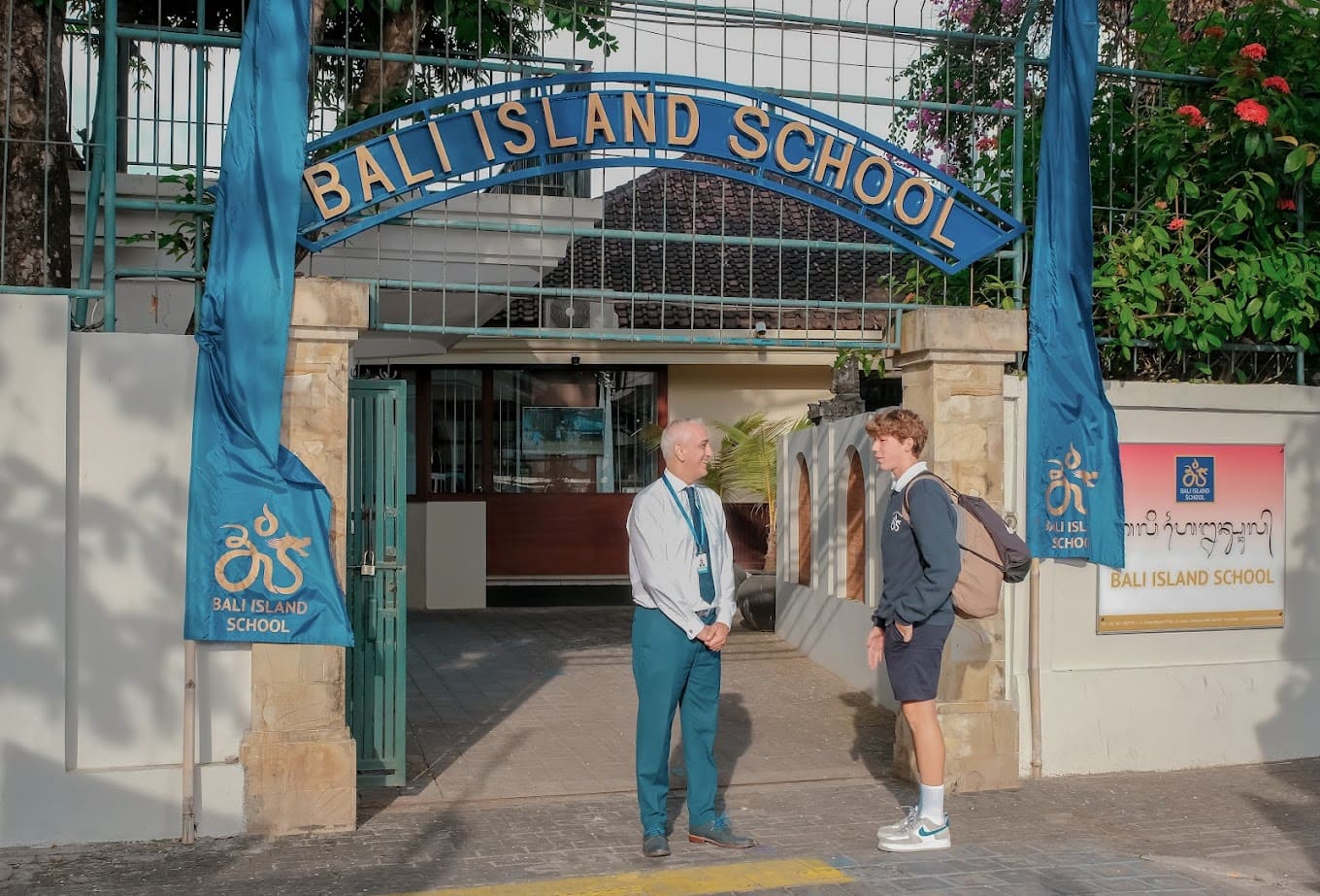For many expat families, choosing to live in Bali is a decision that directly affects their children’s education. While Bali is often associated with tourism and wellness retreats, it also offers a surprisingly diverse education landscape. But how do schools in Bali compare to those in other Indonesian cities like Jakarta or Surabaya, or even schools abroad?
The answer lies in a blend of progressive learning, cultural immersion, and lifestyle-driven education choices that make schooling in Bali unique.
A Diverse Mix of Options Within Bali’s Education Landscape
Bali is home to a wide range of schools, including international institutions, bilingual schools, and alternative learning communities. Whether parents are looking for a British, Australian, or International Baccalaureate curriculum, or a more holistic approach like Montessori or Steiner, there are options available across different regions of the island.
Some of the most well-known schools include:
- Green School Bali, known for its eco-campus and sustainability-focused learning
- Canggu Community School, offering a British curriculum and the International Baccalaureate
- ProEd Global School, focused on inclusive and differentiated education
- Sunrise School, which emphasizes creativity and well-being
- Dyatmika School, a bilingual school that combines Cambridge curriculum with Indonesian national standards
In comparison, international schools in Jakarta and Surabaya tend to be more conventional, with a stronger focus on academic achievement and structure. Bali schools often feel more community-oriented, nature-integrated, and centered around values such as emotional growth and social responsibility.
How Nature Shapes the Bali Education Experience
Unlike schools in urban centers where students spend most of their day indoors, many Bali schools integrate the natural environment into daily learning. At Green School, for example, students participate in composting, animal care, and plant-based science. Classrooms are often open-air, with students engaging in outdoor activities as part of the curriculum.
This approach stands in contrast to the high-rise buildings and air-conditioned classrooms common in cities like Jakarta, where the emphasis remains on classroom-based instruction.
Language and Cultural Immersion
Many schools in Bali are bilingual, with instruction in both English and Bahasa Indonesia. Some also include Mandarin or Balinese language classes. What makes Bali unique is the cultural integration that happens both inside and outside the classroom. Students are regularly involved in traditional ceremonies, temple visits, and community events.
This cultural exposure is often less pronounced in international schools in other Indonesian cities or abroad, where the environment is more detached from the local way of life.
Curriculum and Teaching Philosophy
Schools in Bali vary in their approach to curriculum. While some follow traditional British, American, or IB systems, others adopt progressive models that place less emphasis on standardized testing and more on creativity, emotional intelligence, and real-world problem-solving.
At certain schools, there are no letter grades. Instead, students are assessed based on individual growth and project work. These methods are not for everyone, but they offer an alternative to the rigid academic paths found in more conventional settings.
What Families Should Know About Tuition and Access in Bali Education
School fees in Bali can range from approximately IDR 40 million to over IDR 300 million per year. These figures are comparable to those in other major cities, though Bali tends to have fewer mid-range schooling options. Most institutions are either premium international schools or niche alternative communities.
While some schools offer scholarships or flexible payment plans, seats can be limited, and enrollment can be competitive.
The Community Element
One of the most distinct aspects of schooling in Bali is the strong sense of community among both students and parents. In areas like Ubud and Canggu, it is common for families to attend school events together, host community activities, and build close friendships through the school network.
Unlike in larger cities, where commuting and schedules often limit social interaction, Bali’s more compact communities and slower pace make it easier for families to connect and support one another.
Schooling in Bali is not a one-size-fits-all experience. While some families embrace creative freedom and cultural immersion, others may prefer a more structured academic path. The key is finding a school that fits your child’s needs, your long-term goals, and your family’s values.
For many expats, Bali offers more than just a place to live. It offers a different way to grow up, one where education is not only about academics but also about connection, nature, and a broader understanding of the world.
Sources: Bali.com, Expat.or.id, Ila. Featured Image.

